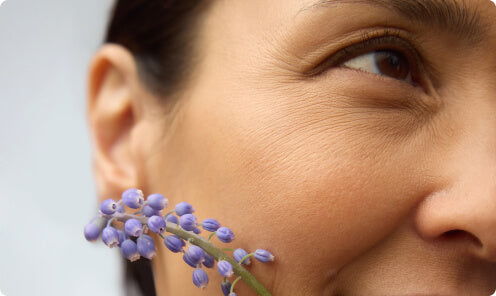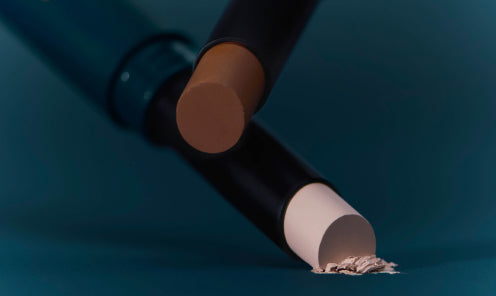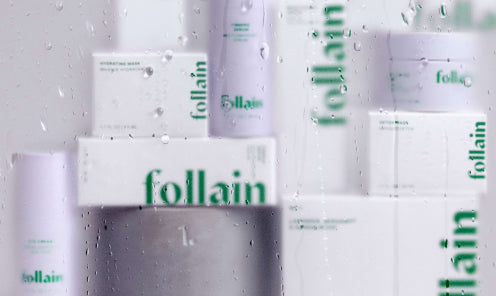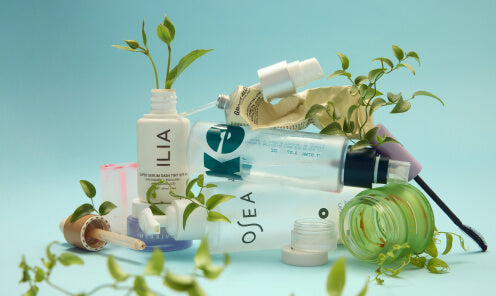Our Director of Mission, Mia Davis, gives us the scoop on chemicals used in beauty products and the affect on our bodies.
Have you ever wondered if swapping a conventional beauty product for a cleaner product will make a difference to your health? Data shows that the human body can process and eliminate some of the most concerning hormone-disrupting cosmetic chemicals in a mere three days. If you replace products that contain dirty ingredients with Credo products, you might be lightening your body burden. Read on.
There are over 80,000 chemicals on the market in the US, and approximately 16,000 ingredients used in the cosmetics industry. Many of these chemicals are polluting the environment, homes, and bodies of workers and consumers.
How do chemicals used in consumer products pollute our bodies? Well, chemicals don’t always stay where they’re put, especially not when they’re used in beauty products intended to impact our skin (which, as you know, is our largest organ). Cosmetics chemicals can be inhaled, ingested and absorbed into our bodies -- and they often are. Over the years, researchers have found chemicals like phthalates, parabens, triclosan and oxybenzone (all of which are on Credo’s Dirty List) in people’s bodies.
In 2016, researchers asked 100 teenagers to switch from conventional beauty products to personal care products labeled “free of” phthalates, parabens, triclosan and oxybenzone -- all suspected hormone-disrupting chemicals commonly used the beauty industry. It is important to note that teenage girls use more products than any other demographic -- about 17 a day, where adult females use about 12 a day. And they’re going through important development, so the impacts of hormone-disrupting chemicals may be greater for them, hence the focus on their body burden for this study. The researchers analyzed the girls’ urine samples before they switched to cleaner products, and then again three days later. They found significant drops in levels of these chemicals after only three days, which is amazing. This a sign that you can make a difference to your body burden in just a few days, simply by switching to cleaner beauty products.
Note, the length of time chemicals remain in the body varies from chemical to chemical (and other factors, like age and health of the individual exposed, the amount of the chemical, etc). Some chemicals are metabolized and excreted within hours. Some, like lead, may stick around in the body for decades, building up over time. Even for the ones that leave our bodies quickly, the continual exposure may have long-term effects on health.
There are so many exposures to toxic chemicals that we as individuals cannot control (air pollution, groundwater pollution...). We can control what we put on our bodies, and now fortunately, people have more options than ever before.
Be well,
Mia









